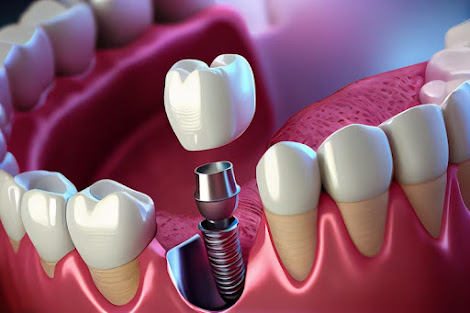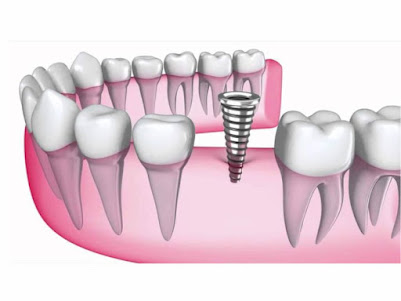How Long Do Dental Implants Last?
Dental implants have revolutionized the field of dentistry, offering a reliable and long-lasting solution for individuals with missing teeth. As an increasingly popular option, many wonder: How long do dental implants last? Here, we'll explore the factors influencing the lifespan of dental implants, maintenance tips to ensure their longevity, and the overall benefits of choosing Pinnacle Dental this advanced tooth replacement option.
Quality of Implant Materials
The durability of dental implants is closely tied to the quality of materials used. Modern implants are typically made from titanium, a biocompatible metal that integrates seamlessly with the jawbone through a process called osseointegration. High-quality materials contribute significantly to the long-term success of dental implants Treatment.
Skill and Experience of the Dental Professional
The expertise of the dental professional performing the implant procedure is a crucial factor. A skilled and experienced implant dentist ensures precise placement of the implant, minimizing the risk of complications. Thorough preoperative planning and meticulous surgical techniques play pivotal roles in the success and longevity of dental implants.
Oral Hygiene and Maintenance
Proper oral hygiene practices are imperative to extend the lifespan of dental implants. Patients must adhere to regular brushing, flossing, and routine dental check-ups to prevent the onset of conditions like peri-implantitis, which can compromise the stability of implants. Dental professionals often provide tailored maintenance instructions to optimize oral health and implant longevity.
Overall Health and Lifestyle Factors
General health and lifestyle choices also impact the longevity of dental implants. Individuals with systemic conditions like diabetes may experience slower healing, affecting the integration of the implant with the jawbone. Additionally, habits such as smoking can contribute to a higher risk of implant failure. Maintaining a healthy lifestyle and addressing systemic health issues can positively influence the success of dental implants.
Implant Design and Technology
Advances in implant design and technology continue to enhance the longevity of dental implants. Innovations such as surface modifications and improvements in implant-abutment connections contribute to better stability and reduced risks of complications. Staying informed about the latest advancements in implant technology is crucial for both patients and dental professionals.
Conclusion
In summary, the lifespan of dental implants is influenced by a combination of factors, including the quality of materials, the skill of the dental professional, oral hygiene practices, overall health, and technological advancements. By prioritizing these aspects, individuals can enjoy the benefits of a confident and lasting smile for many years to come.
Remember, consulting with a qualified dental professional is essential for personalized advice and guidance on maintaining the longevity of your dental implants.



Comments
Post a Comment